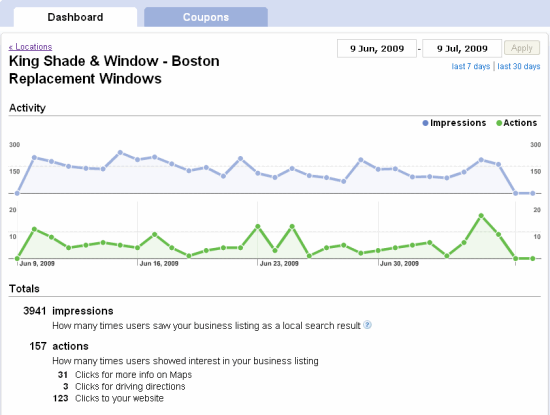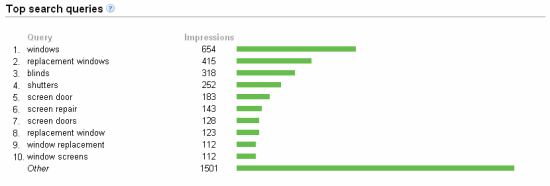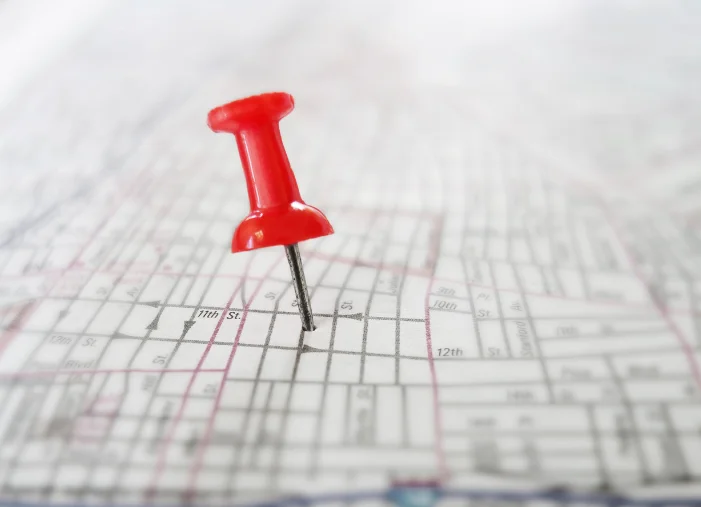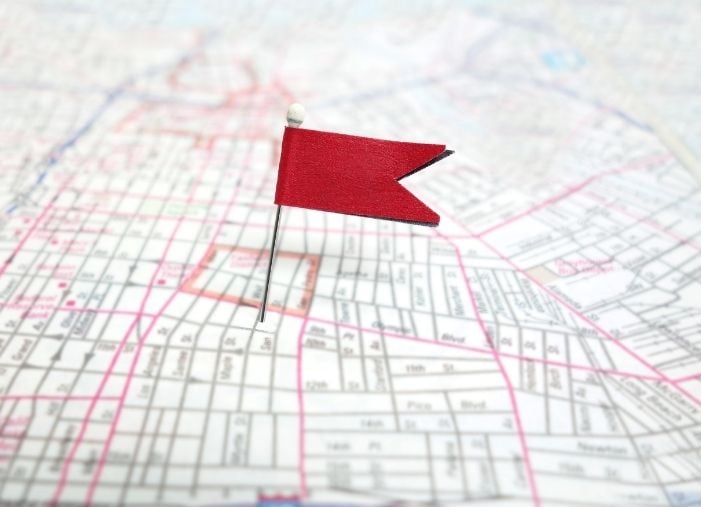
A friend emailed me recently, writing to say he’d “hooked up” with an SEO agency that got him a first page listing on Google.
My immediate reaction was he’d been scammed. I say this because the friend’s local business website is brand new: no links, no authority, no legitimate ranking signals and no chance of ranking organically for his target keywords.
With this in mind, I know there are really only two ways for my friend’s site to appear on page one of Google:
- Pay-per-click advertising (PPC)
- Google Local Listing
Now, there’s nothing wrong with paid search. It’s a legitimate marketing channel and delivers qualified traffic and leads when done right. And if the friend were running a pay-per-click campaign with a qualified pay-per-click agency, I’d wish him the best.
But my gut told me this wasn’t the case. Why? My friend has no money and no marketing budget. And to run a PPC marketing campaign, you need to buy clicks. So my fear was he’d just paid to get his business listed in the Google Local listings.
Why is this bad?
Because Google Local is a FREE service.
Let the Scamming Begin
So I emailed the friend and asked which query his site ranked for on page one. My suspicions were confirmed when ran the query and saw my friend’s website listed only in the Google Local 10 pack. No paid listing. No organic listing.
I finally phoned my friend, and after more digging about the “SEO agency” I learned the details of the agreement. Getting his local business listing added to the Google Local 10 pack cost:
- $200 initial “start up fee”
- $20 per month “maintenance fee”
What’s worse, he’d signed a year contract.
So to recap, my friend paid a grand total of $440 for an “SEO agency” to fill out a three-minute form for what is a FREE service. That’s one Hell of a price tag for a simple administrative service. And there was nothing special done “SEO-wise” for this listing. The agency used none of the Google Local optimization or local online marketing best practices I’m going to share further down in this post.
I finally broke the news to my friend that Google Local is actually a FREE service. And he felt like he’d been scammed and cheated, which he had. In theory, these companies (and I see them popping up every day now) are building a business on the ignorance of local business owners.
But the point of this post isn’t to judge or call out the guilty. It’s to hopefully enlighten and educate local business owners, so they don’t keep getting screwed by the SEO sharks.
Getting Listed in the Google Local Results
Folks, getting listed in the Google Local listings is FREE. You don’t need to be even remotely technically adept to get your business listed. All you need is a computer and the ability to fill out an online form.
And despite the “SEO agency’s” claim and service fee for my freind, there is no monthly maintenance necessary. Once your site is listed in Google Local, you can basically set it and forget it.
So here’s how to get set up in Google Local:
- Go to Google Local Business Center
- Create a new account (unless you have an existing gmail profile)
- Click “add a new business”
- Fill out the required fields
You’re done.
Features of Google Local Search
A few weeks ago, Google added a slick data dashboard to the Google Local Business Center page. It’s a pedestrian version of Google analytics, but still gives the average local business owner who’s not aleady running some sort of analytics insight into visibility and search behavior for their business listing.
For example, Google Local listing owners can see how many times thier listing displayed in a search query (impressions) as well as actions taken on the listing, like clicks.
Impressions and actions aren’t the only data points local business owners can monitor. Top search queries is another key data field.
By the way, if you’re listening Google, click-through rate would also be a nice data point to track as well.
Best Practices and Optimization for Google Local
Business owners should know that getting your ad to display in the Google Local results isn’t always a given. Geographic location plays a major role obviously, but there are certian best practices and ranking signals you can employ to give your listing a better chance of getting seen and displaying higher than the competition.
Best practices for optimizing your Google Local listing include:
- Keywords in the business listing title – Be sure to add website keywords and location keywords to your business “name” field. For example, in the above dashboard, the company is “King Shade & Window” and the keywords are “Boston Replacement Windows,” so the company name in the local listing looks like this:
- Get customer reviews – Another ranking signal is customer reviews. Local business owners should ask satisfied customers to submit reviews about their business. Sending out a simple auto-gen email at the completion of every job/service performed, asking for a review and including a link to the review page is a great way to solicit reviews from your customers.
- Keywords in the categories – Add service categories and target keywords in your categories too (much like you’d do with the old, now ignored “meta keywords” attribute)
- Keywords in the business description – Again, this is another key ranking factor.
By taking these steps, you’ll give your business listing a much better chance of:
- Getting listed; and
- Getting seen by potential customers.
What’s more, by following these best practices you’ll also be light years ahead of most local business listings. From what I see everyday, many don’t follow any of these best practices, so you’re sure to distinguish your listing from thiers.
So hopefully, I’ve helped local business realize they don’t need to pay an “SEO agency” to get their business listed in the Google Local results, and I’ve empowered them with the tools and techniques to make their listings rank higher, stand out and get noticed.










